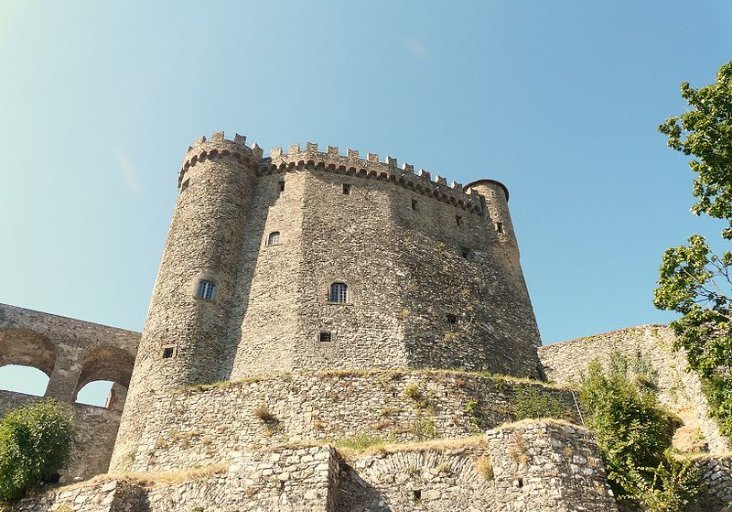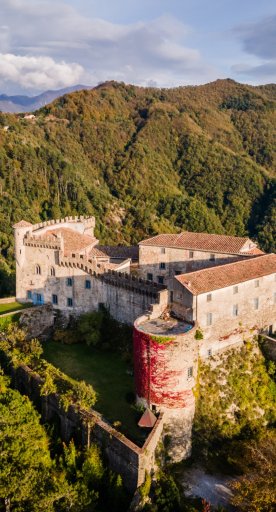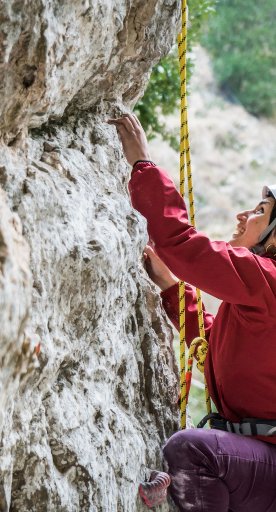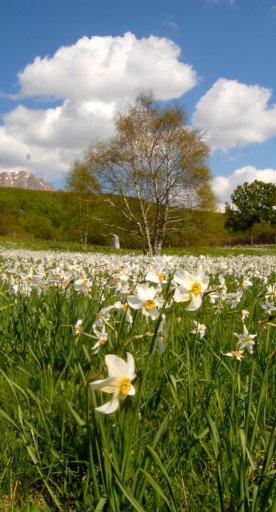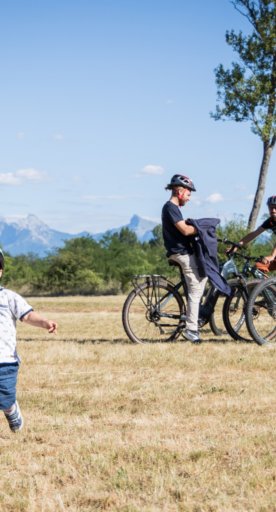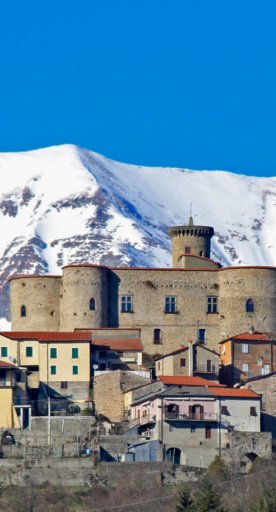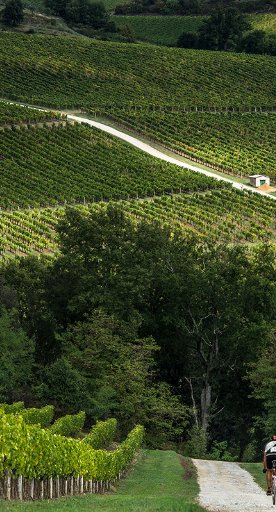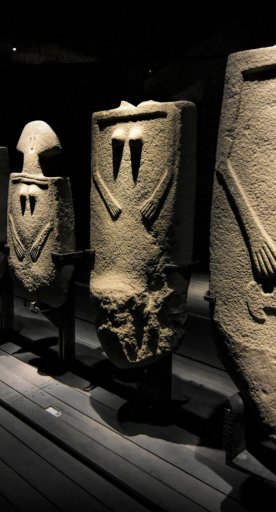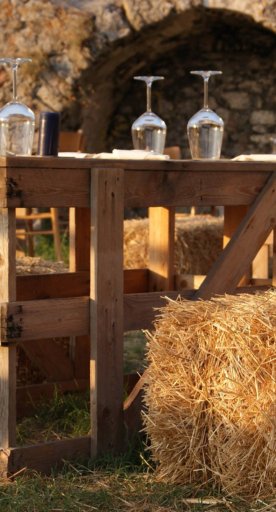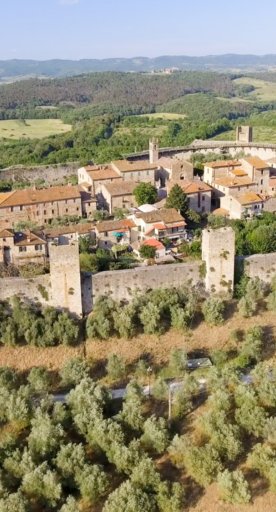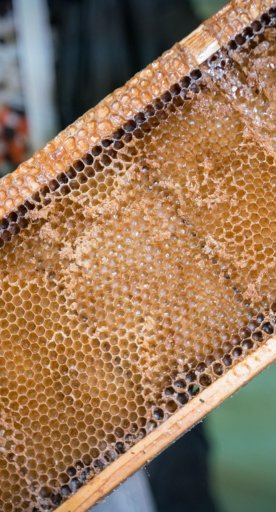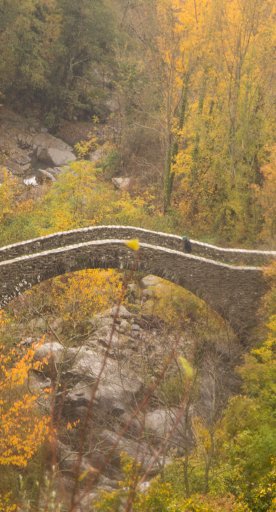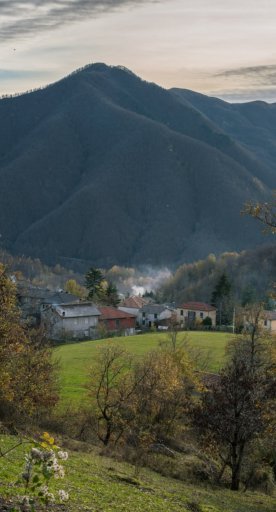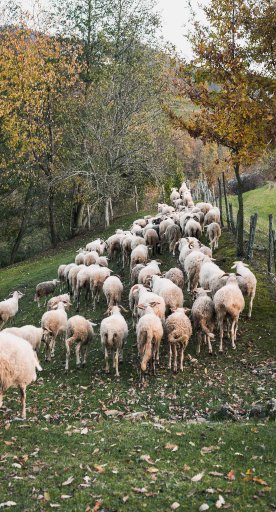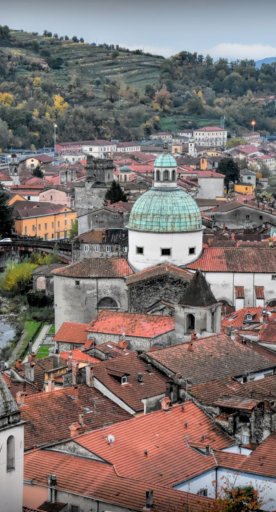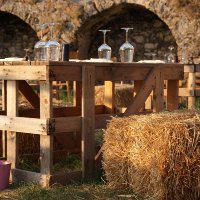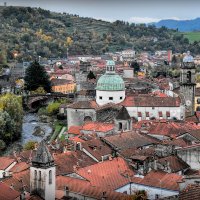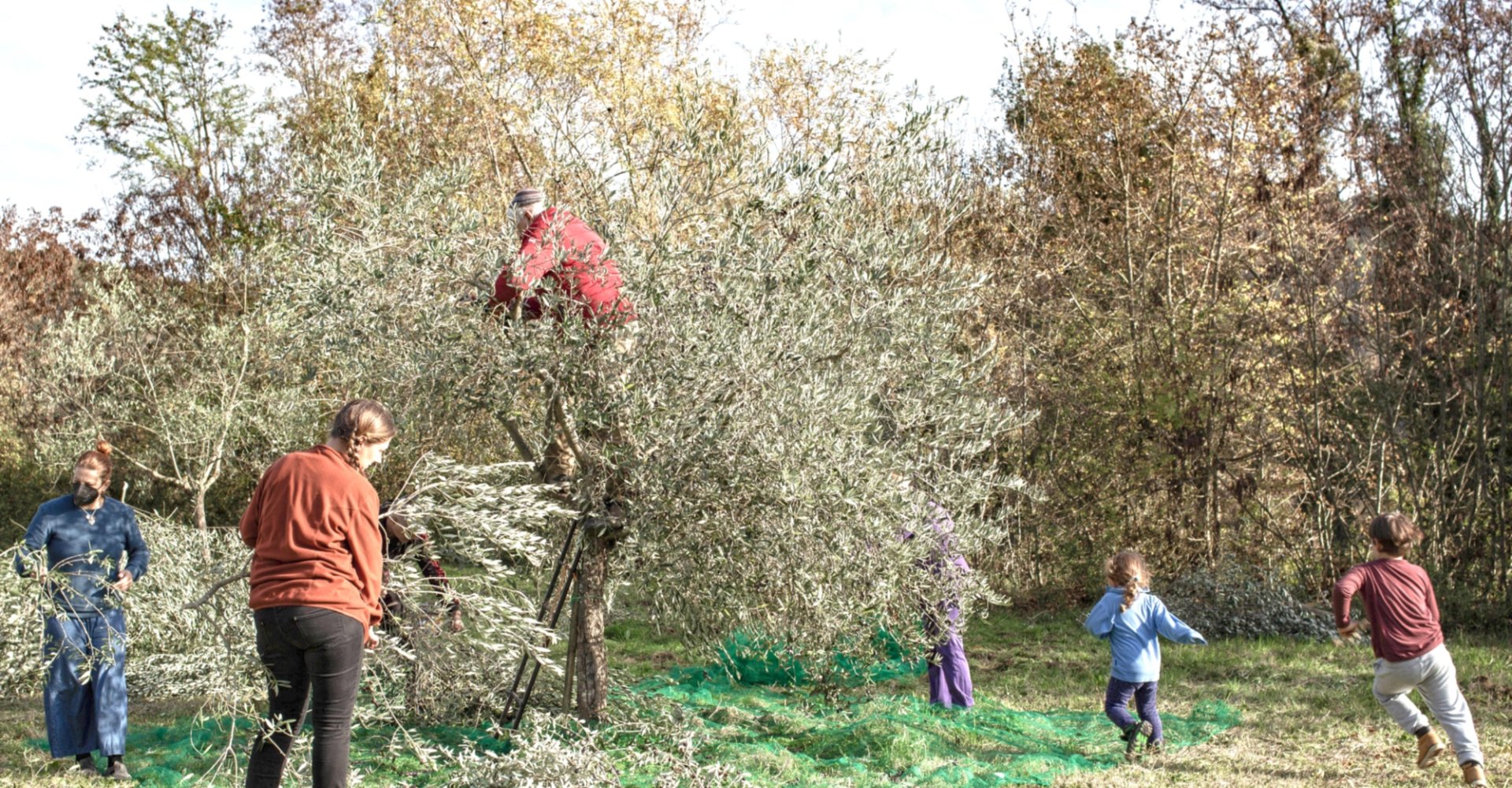

The sounds of oil in Lunigiana
Colline della Lunigiana Tuscan IGP extra virgin olive oil, between past and future
In Lunigiana, a land in the heart of the UNESCO Biosphere Reserve MAB of the Tuscan-Emilian Apennines, daily contact with the natural surroundings is still strong and the cyclical nature of the seasons continues to mark the rhythms of life. So, after the chestnut season, comes the time for olives, mills, and new oil.

Underlying olive cultivation is a world of knowledge and traditions, nature and humankind, that contains great cultural, economic and social value. Many in Lunigiana own an olive grove and the centuries-old tradition of "making oil" is handed down from generation to generation.
The harvesting of olives is a moment for family and socialibility: you get together and "find yourselves" in order to give life to a product that will be present all year round as a fundamental ingredient in typical local cuisine.
After having spread the nets on the ground, you begin to collect fruits that are different in shape or colour, and, while the sounds coming from the nearby olive groves echo in the valleys as if to say "we are here too!", you recover that sense of community that at times seems lost.
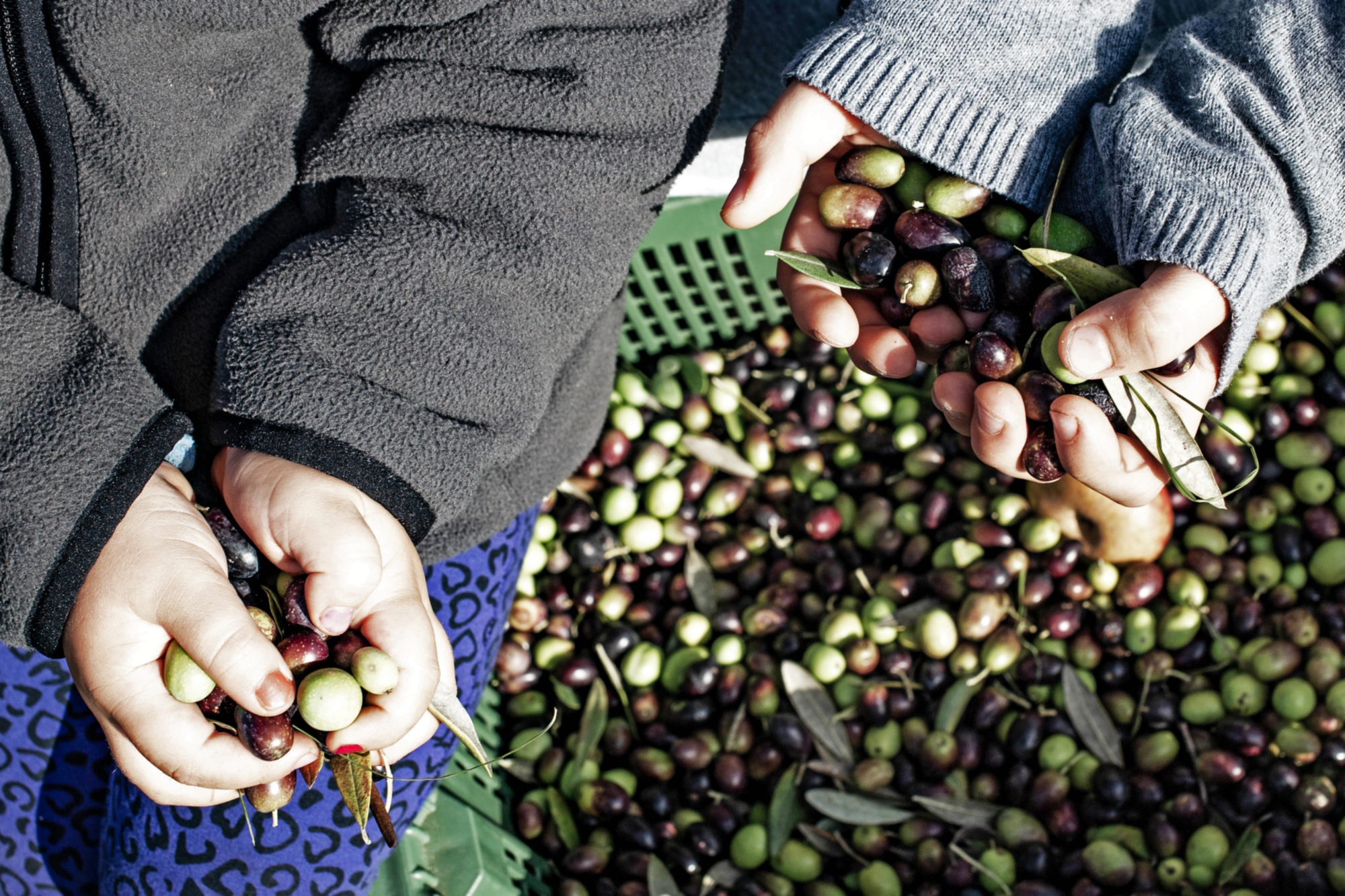
In this mainly family-run activity, some companies in recent years have started producing Colline della Lunigiana Toscane IGP extra virgin olive oil obtained in compliance with the strict rules and checks by the Consortium of Tuscan IGP extra virgin olive oil, which verifies that the entire production chain is carried out in the Lunigiana area, from the olive harvest to the packaging.
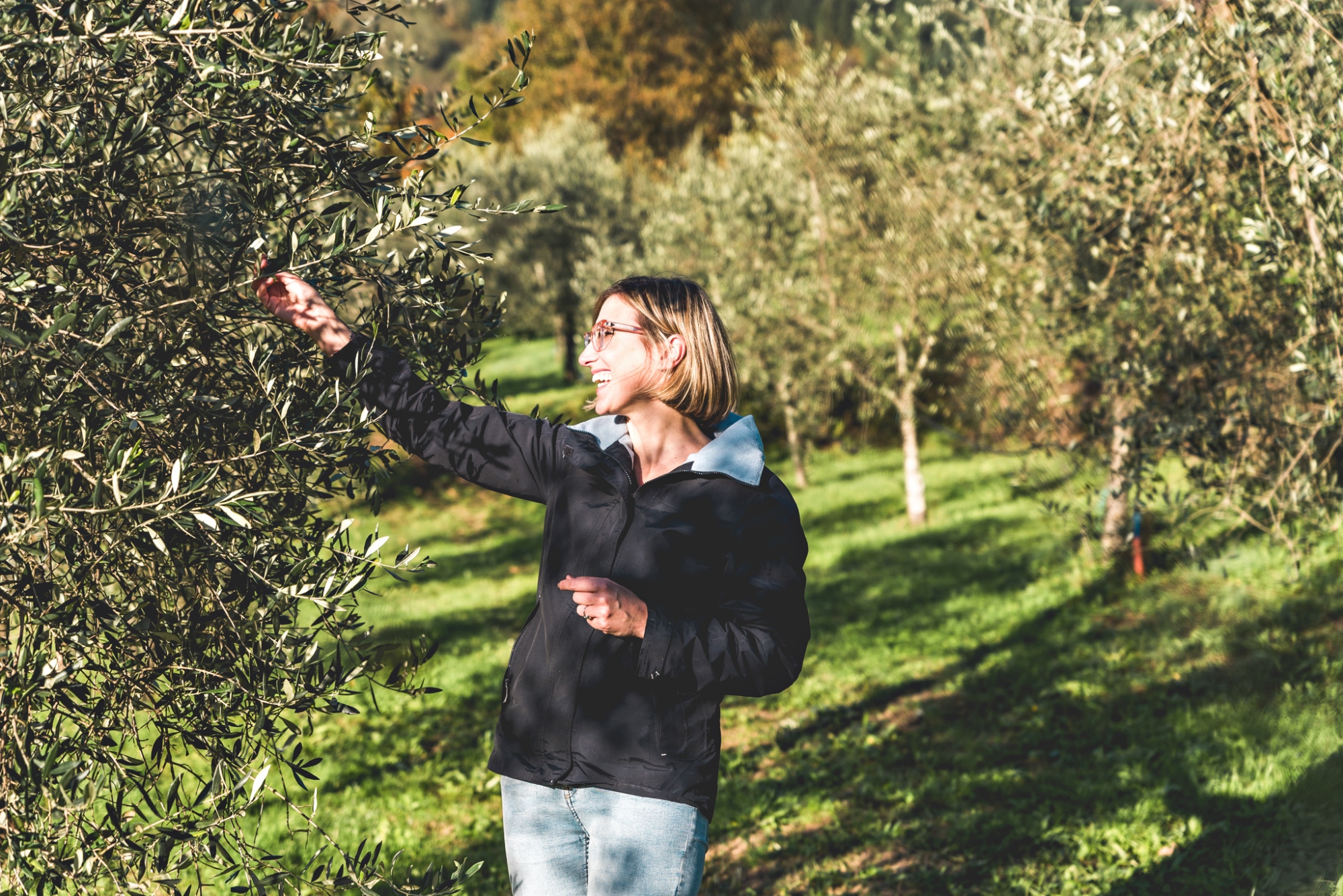
Francesca Ferrari, Provincial President of Coldiretti and member of the Board of Directors of the Consorzio Tutela Olio Toscano IGP, commented "There are no particular changes in the method of harvesting. In fact, the harvesting is manual, whether you are a company or an amateur, because the spaces and environmental conditions do not enable you to use mechanization. At best, for larger plants, you can use electric harvesters which shake and reach higher points without having to use ladders, which is also better for safety.
The ideal harvesting period is the early one which is the end of October/beginning of November. Then, we proceed with pressing and then certification.
The biggest difference lies in the culture linked to the production of oil and the storage of olives. Many say 'I leave them be, so they dry and get more dehydrated'. If the weight of the olive is lower, clearly the amount of oil I can extract is higher. If, on the other hand, I go for an olive that is still well-hydrated, it will weigh more, and therefore the yield ratio of oil to the weight of the olive will be lower, but in fact the amount of oil is exactly the same.
The conservation of the olives before pressing is also important: it's better in ventilated crates, not in jute bags, where the temperature begins to rise and a fermentation process begins.
As for the pressing, it's necessary to pay attention to the way in which the pulp is crushed and worked: you must not heat the pulp too much to facilitate the extraction of the oil, because in this way the oil risks becoming defective".
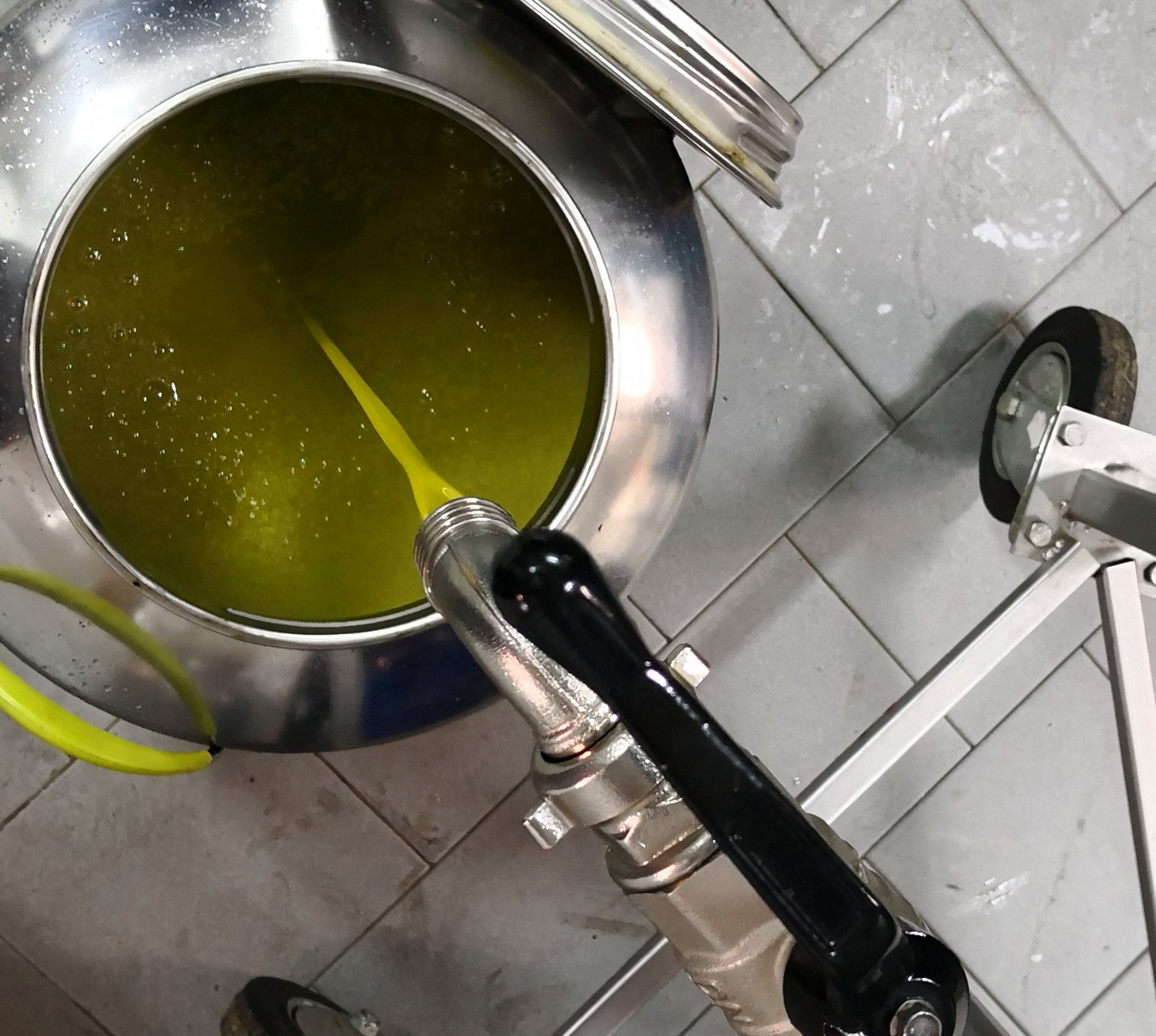
Francesca continues, "The microclimate and type of soil that we have in Lunigiana gives life to an oil which - compared to that of central and southern Tuscany - is much more delicate and less structured in terms of flavours and aromas. The IGP Oil, Colline della Lunigiana, which is classified as light and with full fruitiness, is slowly entering the category of medium fruitiness with climate change. This means that it has a good fragrance, even in terms of bitterness and spiciness, which are the two main characteristics that Tuscan oil must have".
And now, all that remains is to taste the new oil, savour its aroma, and listen to its voice because, as Neruda said, "not only the wine sings, even the oil sings"!
What’s nearby?




